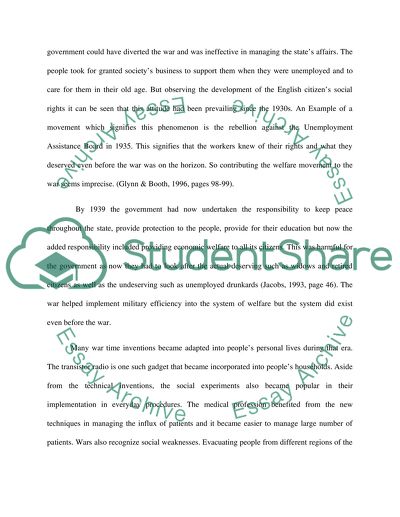Cite this document
(“British Social Policy and the Second World War Essay”, n.d.)
British Social Policy and the Second World War Essay. Retrieved from https://studentshare.org/history/1506014-british-social-policy-and-the-second-world-war
British Social Policy and the Second World War Essay. Retrieved from https://studentshare.org/history/1506014-british-social-policy-and-the-second-world-war
(British Social Policy and the Second World War Essay)
British Social Policy and the Second World War Essay. https://studentshare.org/history/1506014-british-social-policy-and-the-second-world-war.
British Social Policy and the Second World War Essay. https://studentshare.org/history/1506014-british-social-policy-and-the-second-world-war.
“British Social Policy and the Second World War Essay”, n.d. https://studentshare.org/history/1506014-british-social-policy-and-the-second-world-war.


